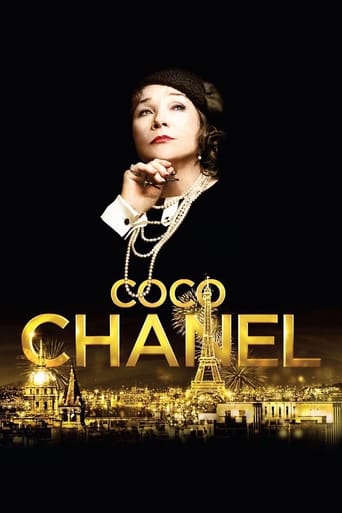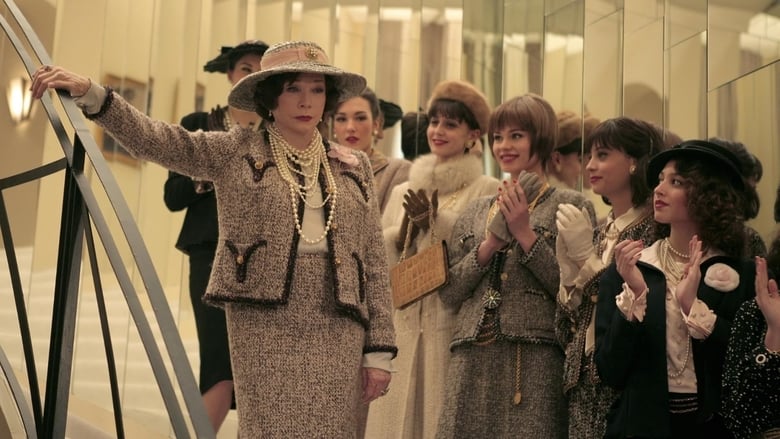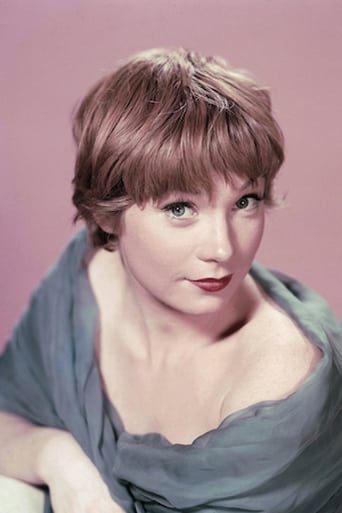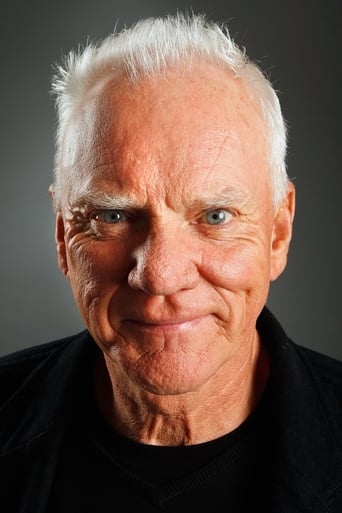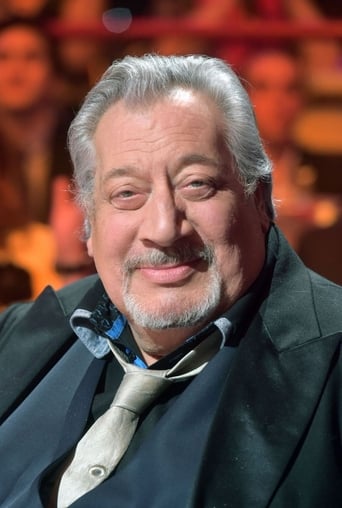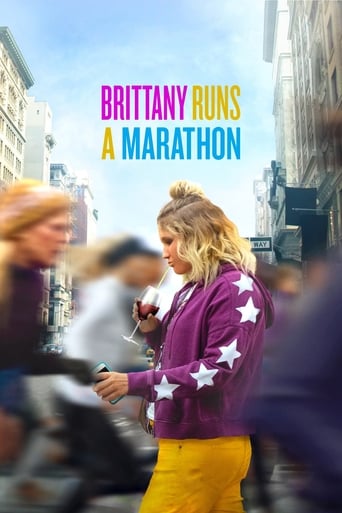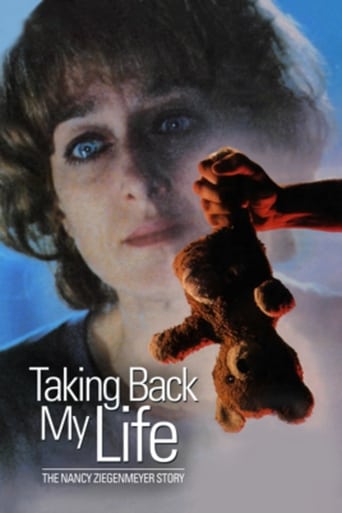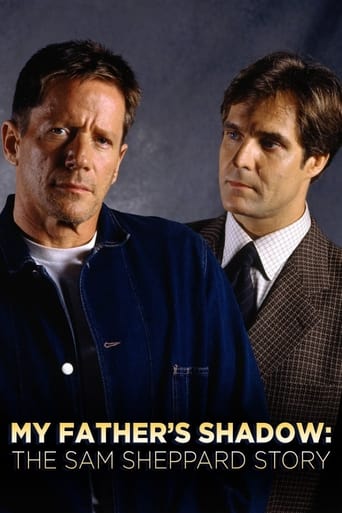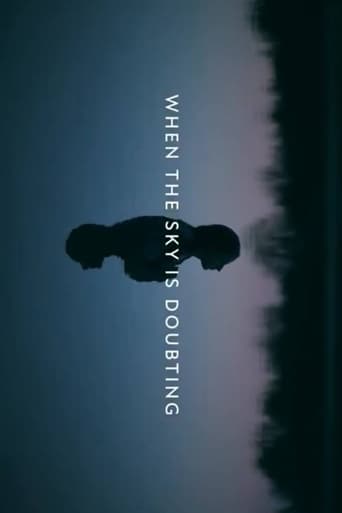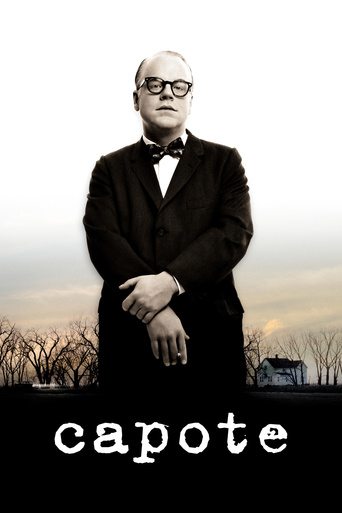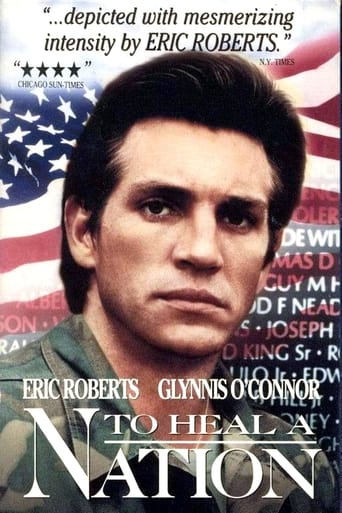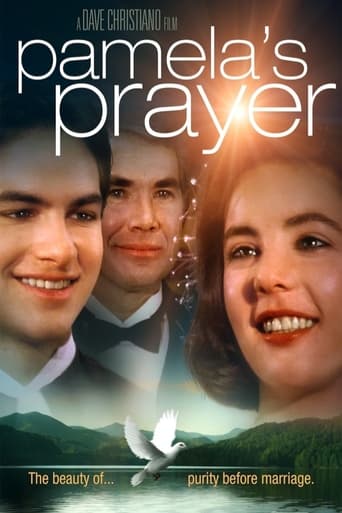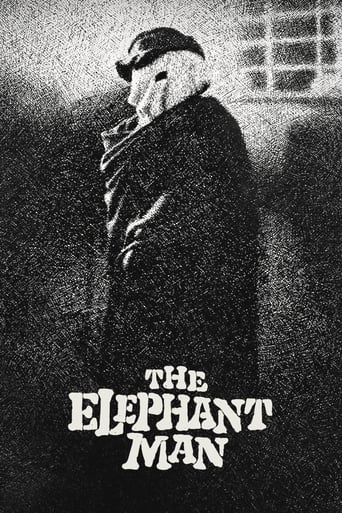Coco Chanel (2008)
Fashion icon Coco Chanel, steeped in wealth and fame, still issues game-changing designs and collections. The audience is taken backwards in time to the woman's upbringing in an orphanage, and traces her path to ubiquity as it winds through poverty, wars, doomed romances, and rather glamorous betrayals.
Watch Trailer
Free Trial Channels
Cast


Similar titles
Reviews
Plot so thin, it passes unnoticed.
Good films always raise compelling questions, whether the format is fiction or documentary fact.
This is a small, humorous movie in some ways, but it has a huge heart. What a nice experience.
The storyline feels a little thin and moth-eaten in parts but this sequel is plenty of fun.
COCO CHANEL is a well-made film whose few flaws unfortunately detract from the enjoyment of what seems to be a rather firm biography of one of the great inventive minds of the 20th century. Though all publicity (and nominations for awards) focused on Shirley MacLaine who appears only periodically and for very brief amounts of time, the starts of the cast are a number of European actors, some strong, others, only medium strong. And while the real contribution Coco Chanel made to the world was her instatement of the equality of women, changing the manner in which they dressed (read fashionable) from corseted and plumaged mannequins to comfortably mobile and real personas, the writers of this version her life (Carla Giulia Casalini and James Carrington) elected to stress the women whose ability to adjust to being repeatedly deserted/used by men and turn this movie into a romance decorated by fashion. And even that idea, valid though it may be, is fairly well buried by a musical score that is so loud as to cover the dialogue - and the dialogue is in some nearly indecipherable language, a mixture of accents and lack of projection on the part of the actors who play more to the sets and costumes than to the audience. Christian Duguay directs, electing to begin his story with the unhappy childhood of Gabrielle/Coco and Adrienne Chanel, orphans laced in a Catholic sweatshop to make clothes. These episodes of childhood to old age are well transitioned by a black and white, old movie film transfer that does add to the feeling of history. The girls grow into young women, Coco (Barbora Bobulova) goes to live with Etienne Balsan (Sagamore Stévenin), falls in love, faces the fact that her time with Etienne will be transitory, moves on to Paris where she struggles to make a living making hats until Boy Capel (Olivier Sitruk) becomes her benefactor and lover. But Boy leaves for the Front as a soldier for the French army, leaving Coco in Deauville to set up shop with the aid of her sister Adrienne (Valentina Lodovin). The back and forth aspects of the story show Coco in the 1950s (as Shirley MacLaine) making her comeback with the aid of her faithful manager Marc Bouchier (Malcolm MacDowell) and the film ends in a standing ovation for the woman who not only survived but who changed the world of fashion and feminism forever. There are many other characters in the film who play important parts but they all look alike and have such heavy accents that keeping track of them is almost impossible. No subtitles are supplied: subtitles would enhance this film immeasurably! Fabrizio Lucci does wonders with the cinematic adaptation of the times frames of the piece, but composer Andrea Guerra (in a slushy replay of Tchaikovsky symphony themes) buries the lines of the actors and nearly destroys what is in essence a very good film. Grady Harp
If you want to travel to another era and get a full introduction to the world of fashion, here's a great way to do it.Even if it is a melodrama, it's so well made, with such obsession with detail, refinement, (as Chanel's works, by the way) that you can't but fall for Coco's challenges. And yet it doesn't shy away from her daily struggles. As a business student, I couldn't help noticing how often she was verging on bankruptcy, and how she came out of it with a mixture of audacity, being at the right places and yes, bedding rich gentlemen "above her station" as a Victorian would put it.Music is fine, as is of course, wardrobe and photography. Being from Argentina, I found a happy curiosity that there are a couple of tangos and Argentina is mentioned twice, as a "land of hope". The first company mentioned on the titles that produced this film is called "Pampa", I suppose it must have something to do with it.Barbora Bobulova is stunning as young Cocó. Probably more likable besides more beautiful than Audrieu Tatou, with which obviously one is drawn to compare it all the time. Both are fine, probably "Cocó avant Chanel" emphasizes the sad and grim aspects more, whereas this version, being longer, can indulge into more romance and yet show us, for instance, what happened to her beloved sister, something absent from the feature film. Also in this version we see the origin of the famous perfume N 5 and her famous "little black dress". Étienne Balsan and Boy Capel are totally different in both films. So much they almost look like if one of the two films got it all wrong. Étienne in particular is always amiable and respectful to Cocó here, whereas on "avant Chanel" Poelvoorde makes a perfect "good for nothing spoilt boy who never grew up". Boy is also given much more screen time and importance here. Emilienne d'Alencon is barely shown here, and the game of differences could go on and on. I suppose purists and people who really know the real story will love one story and hate the other. But for us newbies both are surprisingly enjoyable. I understand Mc Laine got all the prizes but in my opinion Boulova should have got them.My "favourite little moment" is how the beautiful countess who lost everything becomes her shrewd "royal secretary", even suggesting her it'd be advantageous for Cocó for "everybody loves nobility. Specially in a republic". I suppose it's a worthy lesson on how money matters are fleeting indeed. I could only wonder, if this is a TV series, what would they have made were they given the ample resources of a feature film...
Lifetime's 2008 film "Coco Chanel" brings back the miniseries of the 1980s, many of which were based on novels by Judith Krantz or her ilk and starred people like Jane Seymour or Stefanie Powers. When the networks ran out of money and their viewerships dropped, they stopped making them.Lifetime can't do the work of three networks, but it can occasionally bring us something like the entertaining "Coco Chanel" and a star like Shirley MacLaine in the lead as the older, reminiscing Chanel and Barbora Bobulova as the young Chanel. The fascinating queen of haute couture has been the subject of a Broadway show, a movie starring Audrey Tatou, and several other films, two of which are about her relationship with Igor Stravinsky.The film does a good job of showing Chanel's poor background, love life, and rise to fame, including her beginnings as a hat maker, the introduction of Chanel No. 5, the Chanel suit, and the little black dress, but eliminates much of probably the most fascinating period of her life, World War II. During that time. she was arrested for war crimes but never tried due to the intervention of the Royal Family. I suppose that's a movie in itself.Coco Chanel changed the way women dressed and also introduced a new philosophy of fashion - women should dress for themselves and not their men, and true fashion comes from the streets, or it isn't fashion. She also emphasized the use of accessories. She was a powerful woman from a humble background in a class-conscious society and depended upon alliances with the wealthy to get her where she needed to go.In showing this, the movie does a very good job and could not have picked anyone better to play the icon than Shirley MacLaine, who does a fantastic job. One complaint I have is that, as much as I liked Barbora Bobulova, there wasn't enough of the older Chanel. MacLaine's performance really dominates the movie, even when she's not in a scene! I also liked her suggestion of an accent rather than a full-out French accent. The French accents weren't really necessary (though in a way they were, if the actor was French) because the characters weren't really speaking English with a French accent, they were speaking French. In that case, no accent is necessary. MacLaine gave Chanel more of a cosmopolitan accent.All in all, a strong portrait of a fascinating woman.
A wonderful television film-just like the great television films they made in the 1970s.The film is great due to the presence of the wonderful Shirley MacLaine. The latter portrays Chanel in her later years. There is a wonderful constant use of flashbacks here that convey the image of Chanel as a woman who conquered the world of fashion but whose personal life was quite a heartbreak.My main criticism of the film was what happened to Chanel during World War 11? We see how her life evolved during the 1st World War.In a way, MacLaine reminded me of her performance as the imperious music teacher, Madame Sousatzka, some years back. She still has that commanding domineering performance in her characters.This is an excellent study of social class as Chanel lost two lovers due to the opposition of the mother of the first and the father of the second.Chanel was definitely an eccentric as the film well depicts. She certainly went a long way to change the styles of what women wore during the years.

